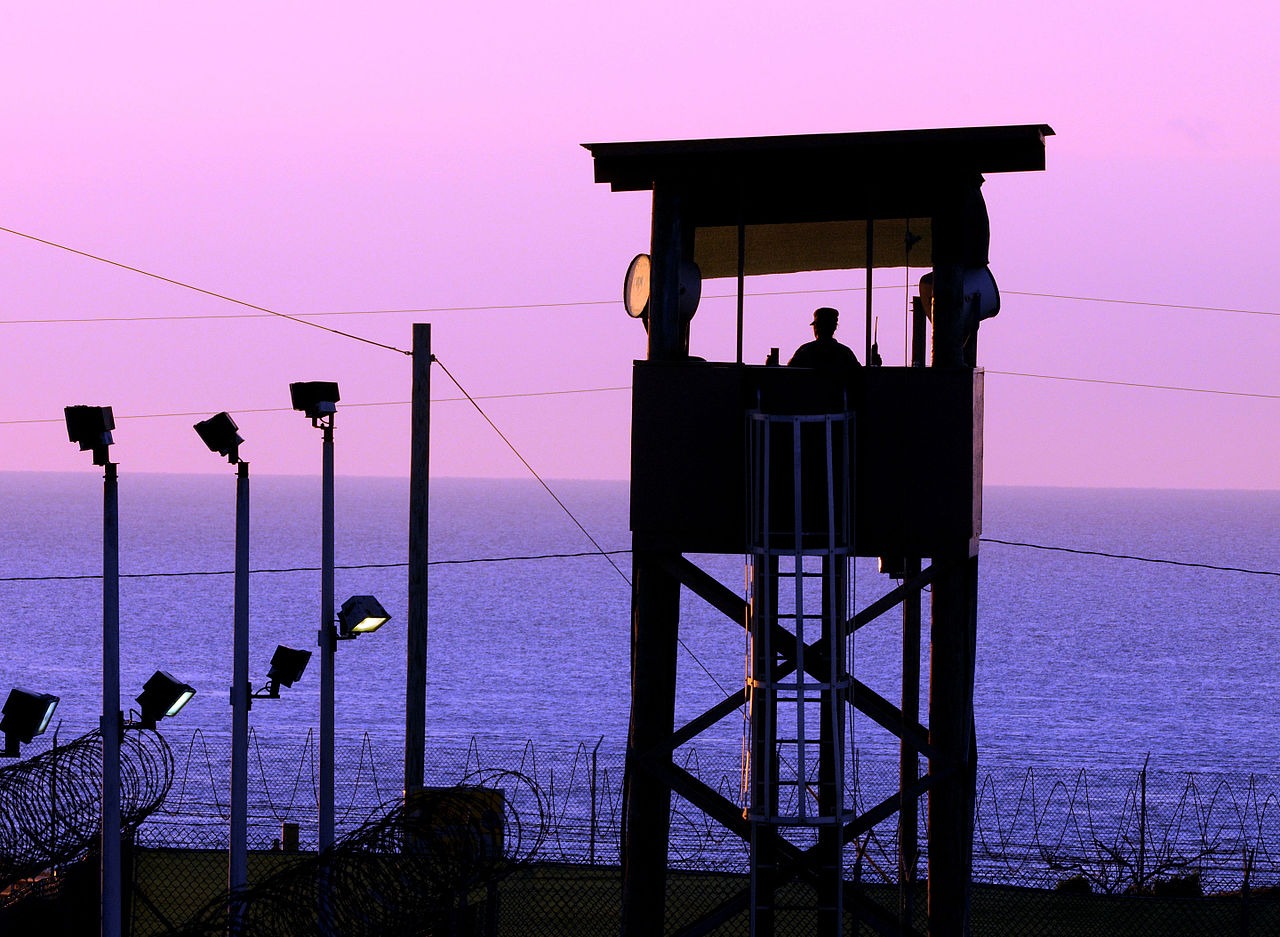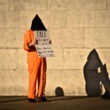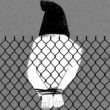Photo Credit: Gino Reyes
Since 2012, a team of attorneys and support staff led by Brigadier General Mark Martins has been working within the constraints of the Military Commissions Act to prosecute the alleged orchestrators of the worst act of terror and largest mass murder ever committed on U.S. soil: the 9/11 terror attacks. Martins’s work in U.S. v. Khalid Shaikh Mohammed et al. has been complicated by a series of intrusions or almost risible errors involving the FBI and the CIA, which have made his Sisyphean task an even more belabored uphill struggle. Some of these incidents, however, would have resulted in dismissal of a criminal case tried in an Article III federal courtroom in the United States, rather than a war court in Guantánamo.
- In April 2013, the court digressed into several days of discussion regarding a listening device a defense attorney discovered, which looked like a smoke detector, attached to the ceiling of a cell where lawyers confer with their clients. While admitting in court there was a functioning bug in a conference cell, Army and Navy officers testified that no one had actually listened to privileged conversations, and the devices were a holdover from a time when the FBI controlled the cells.
- In September 2013, the censor function that interrupts the audio feed from the courtroom to a gallery separated by sound-proof glass (and a 40-second delay), if classified information is mentioned, was “automatically” triggered after Khalid Shaikh Mohammed’s defense attorney mentioned CIA secret prisons. The audio feed is supposed to be controlled by a security agent in the courtroom. Unbeknownst to the judge, someone outside his courtroom had the capability, though not the authority, to shut off the sound. The judge stopped the proceedings and subsequently ordered the dismantling of a monitoring system presumably controlled by what he described as “the original classifying authority,” which The Washington Post reported was almost certainly the CIA.
- In April 2014, a classification expert working for one of the defense teams told the judge that FBI agents showed up at his home to question him about the lawyers he worked for, then asked him to sign a non-disclosure agreement. The judge ordered every member of the defense team to inform him if they had been contacted: “irrespective of any non-disclosure agreements which may have been signed.” He then suspended the hearings for 18 months until an investigation in was complete.
- In September 2015, pretrial hearings were suspended when a defendant recognized a new translator assigned to his team as someone who been involved in interrogating him when he in was detained and tortured at a black site where he had been held prior to incarceration at Guantánamo. Translators are contractors, and the prosecution subsequently blamed the defense attorneys for not properly vetting their employees.





0 Comments